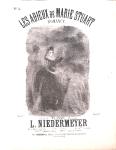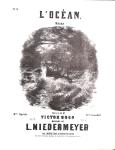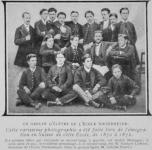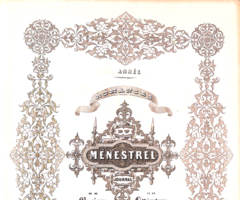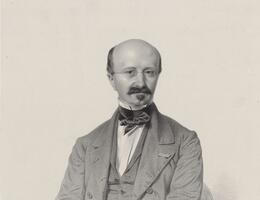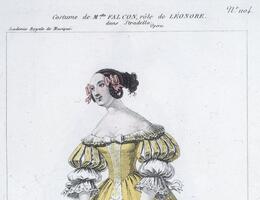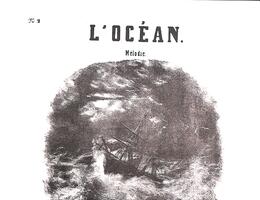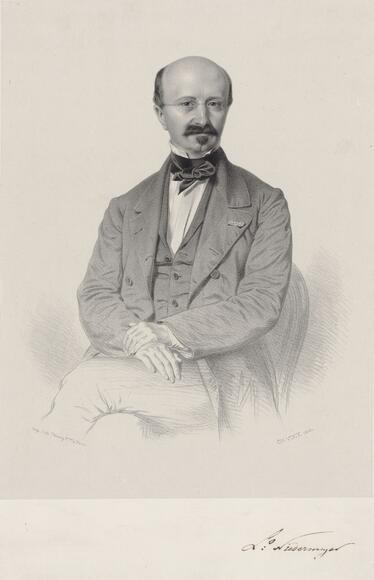
Louis NIEDERMEYER
1802 - 1861
Composer
Born in Switzerland to a family of music lovers, Niedermeyer completed most of his studies in Vienna with Moscheles (piano) and Förster (composition), then in Rome with Fioravanti. While staying in Naples, where he received advice from Zingarelli and encouragement from Rossini, he put on his first opera, Il Reo per amore (1820). Shortly afterwards, in 1823, he moved to Paris in the hope of making his career there. Although his operas were less than successful (La Casa nel bosco, 1828; Stradella, 1837; Marie Stuart, 1844; La Fronde, 1853), he rapidly won renown for his romance Le Lac based on the poem by Lamartine (1825), a composition which heralded the future French mélodie or art song. Nevertheless, it was mainly the work he did in the field of religious music that was to have the greatest impact on his times. In 1853, he founded the Ecole Niedermeyer, whose main aim was to produce well-trained chorus masters through the study of ancient composers (Palestrina) and the practice of plainsong, which he restored to favour. As a result, he co-wrote, with Joseph d’Ortigue, a Traité théorique et pratique de l’accompagnement du plain-chant (1856), a work whose harmonic principles, influenced by elements of modality, were to profoundly affect the development of music in France in the second half of the 19th century, particularly through Fauré, who was probably the school’s most famous pupil. Apart from his operas, Niedermeyer left behind numerous religious pieces, particularly for organ, as well as several works for piano.
Focus
Focus
La mélodie française
Scientific publications
Voir le document répertoriéPermalink
publication date : 27/04/24



